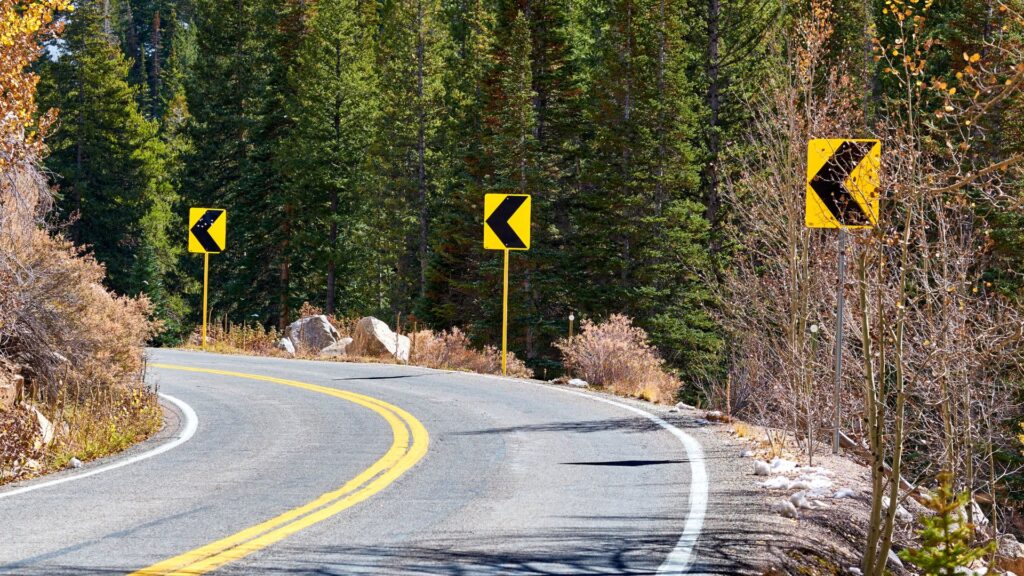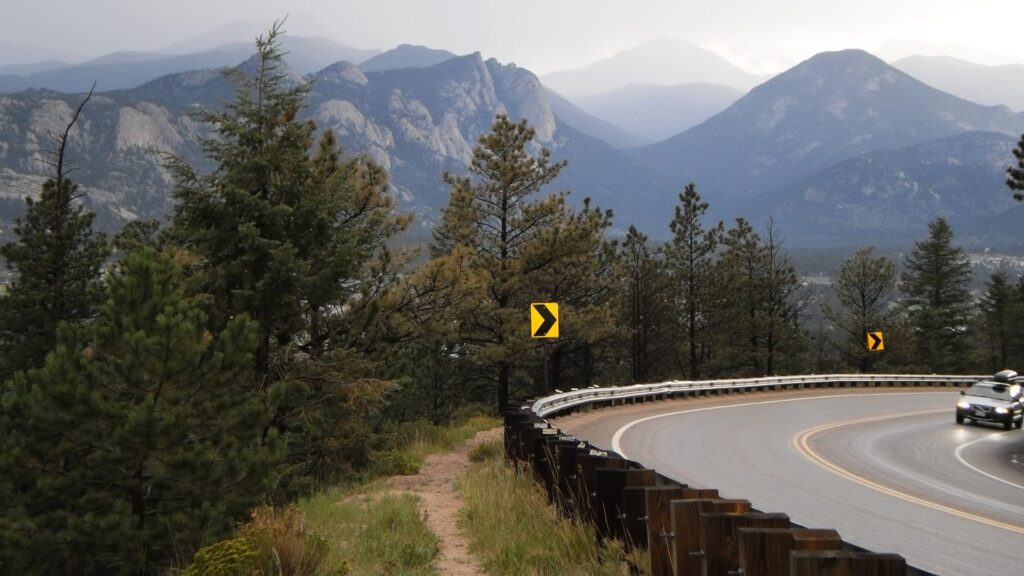Drive Safely with the Right Auto Insurance in Colorado
Compare personalized quotes to find the best coverage for you.

What Is Auto Insurance and Why Do You Need It?
Auto insurance provides financial protection in case of accidents, theft, or damage to your vehicle.
Whether you’re commuting through Denver traffic or cruising mountain roads, auto insurance is a must-have.
What’s Included in
Auto Insurance?
- Stay Legal: Meet Colorado’s state requirements for liability coverage.
- Protect Your Investment: Covers repair or replacement costs for your vehicle.
- Peace of Mind: Know you’re covered in case of accidents or unexpected events.
- Liability Coverage: Helps cover legal and medical expenses if you’re at fault.


What Does Auto
Insurance Cover?
- Liability Insurance: Required by law; covers damage to others’ property and medical expenses.
- Collision Coverage: Pays for damage to your car from accidents.
- Comprehensive Coverage: Covers non-collision events like theft, hail, or wildfire damage.
- Uninsured/Underinsured Motorist: Protects you if the other driver doesn’t have adequate insurance.
- Medical Payments Coverage: Helps with medical costs for you and your passengers.
Why Choose Us for Your Auto Insurance Search?
-
Tell us about your vehicle and driving needs. -
We connect you with local agents offering tailored quotes. -
Compare coverage options and choose the best fit for your budget.
- Trusted by Colorado drivers for reliable recommendations.

Start Saving on Auto Insurance Today
Frequently Asked Questions
What are Colorado’s minimum auto insurance requirements?
In Colorado, drivers are required to carry minimum auto insurance coverage to legally operate a vehicle. The state mandates liability coverage of at least $25,000 per person and $50,000 per accident for bodily injury or death, along with $15,000 per accident for property damage. These minimums, commonly referred to as 25/50/15 coverage, ensure financial protection in case of an accident. Additionally, insurers must offer uninsured/underinsured motorist coverage and at least $5,000 in medical payments coverage (MedPay), although drivers can opt out of these in writing. While these minimums satisfy legal requirements, many drivers choose higher limits or additional coverage for better financial security.
Does auto insurance cover hail damage?
Yes, auto insurance can cover hail damage, but only if you have comprehensive coverage as part of your policy. Comprehensive insurance covers non-collision-related damage to your vehicle, including weather events like hail, flooding, or falling objects. If you only carry liability insurance, hail damage will not be covered.
When filing a claim for hail damage, you’ll need to pay your comprehensive coverage deductible first, and the insurance company will cover the remaining repair costs up to your policy’s limit. If the damage is extensive and the repair cost exceeds the vehicle’s value, the insurer may declare the car a total loss and compensate you for its market value.
If you live in an area prone to hailstorms, it’s wise to carry comprehensive coverage for added protection.
How can I lower my premiums as a Colorado driver?
Colorado drivers can lower their auto insurance premiums by adopting several smart strategies. Shopping around for quotes and comparing rates from different insurers can help find the best deal. Raising your deductible is another way to reduce premiums, but it’s important to choose a deductible you can afford. Bundling auto insurance with other policies, such as homeowners or renters insurance, often leads to discounts. Maintaining a clean driving record and improving your credit score can also result in lower rates, as insurers often reward responsible behavior. Additionally, taking advantage of discounts—such as those for good drivers, students, or low mileage—can significantly cut costs. Opting for usage-based insurance or driving a safe, low-risk vehicle may also help reduce your premium. For older vehicles, you might consider dropping comprehensive and collision coverage if the car’s value no longer justifies the expense. Lastly, completing a defensive driving course can make you eligible for further savings. Regularly reviewing and adjusting your policy ensures you’re always getting the best value.
In Colorado, drivers are required to carry minimum auto insurance coverage to legally operate a vehicle. The state mandates liability coverage of at least $25,000 per person and $50,000 per accident for bodily injury or death, along with $15,000 per accident for property damage. These minimums, commonly referred to as 25/50/15 coverage, ensure financial protection in case of an accident. Additionally, insurers must offer uninsured/underinsured motorist coverage and at least $5,000 in medical payments coverage (MedPay), although drivers can opt out of these in writing. While these minimums satisfy legal requirements, many drivers choose higher limits or additional coverage for better financial security.
Yes, auto insurance can cover hail damage, but only if you have comprehensive coverage as part of your policy. Comprehensive insurance covers non-collision-related damage to your vehicle, including weather events like hail, flooding, or falling objects. If you only carry liability insurance, hail damage will not be covered.
When filing a claim for hail damage, you’ll need to pay your comprehensive coverage deductible first, and the insurance company will cover the remaining repair costs up to your policy’s limit. If the damage is extensive and the repair cost exceeds the vehicle’s value, the insurer may declare the car a total loss and compensate you for its market value.
If you live in an area prone to hailstorms, it’s wise to carry comprehensive coverage for added protection.
Colorado drivers can lower their auto insurance premiums by adopting several smart strategies. Shopping around for quotes and comparing rates from different insurers can help find the best deal. Raising your deductible is another way to reduce premiums, but it’s important to choose a deductible you can afford. Bundling auto insurance with other policies, such as homeowners or renters insurance, often leads to discounts. Maintaining a clean driving record and improving your credit score can also result in lower rates, as insurers often reward responsible behavior. Additionally, taking advantage of discounts—such as those for good drivers, students, or low mileage—can significantly cut costs. Opting for usage-based insurance or driving a safe, low-risk vehicle may also help reduce your premium. For older vehicles, you might consider dropping comprehensive and collision coverage if the car’s value no longer justifies the expense. Lastly, completing a defensive driving course can make you eligible for further savings. Regularly reviewing and adjusting your policy ensures you’re always getting the best value.